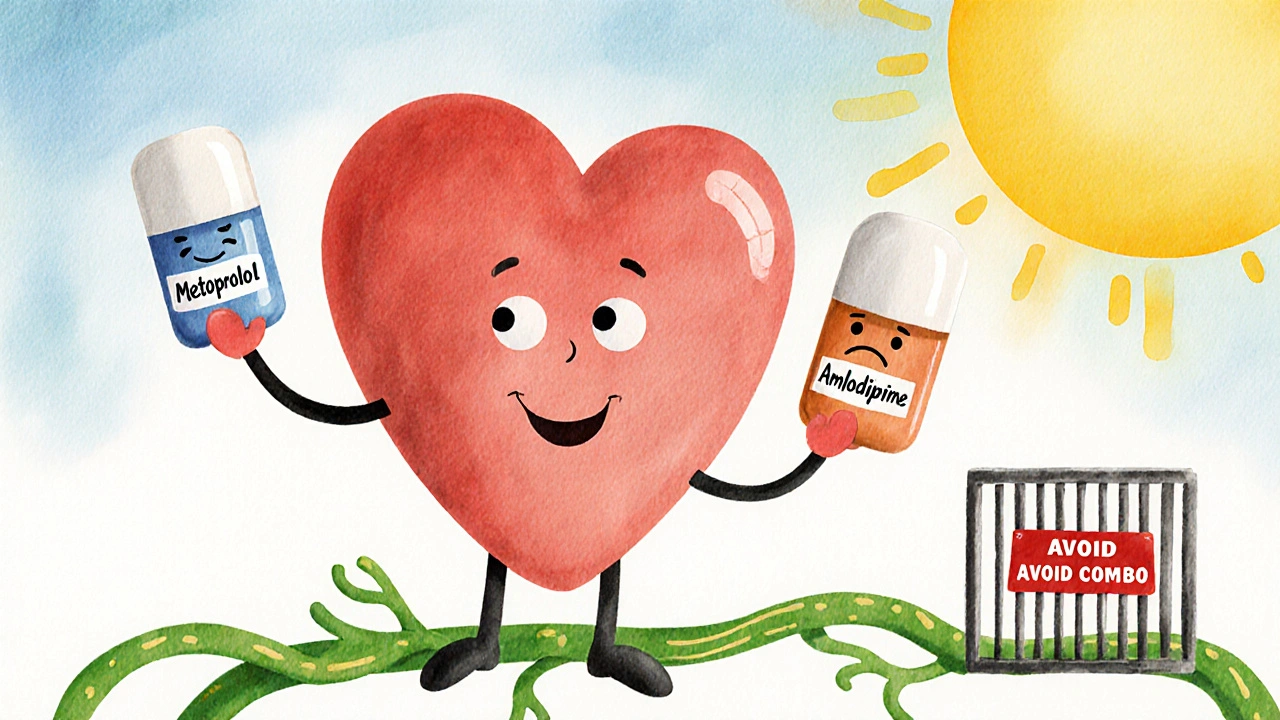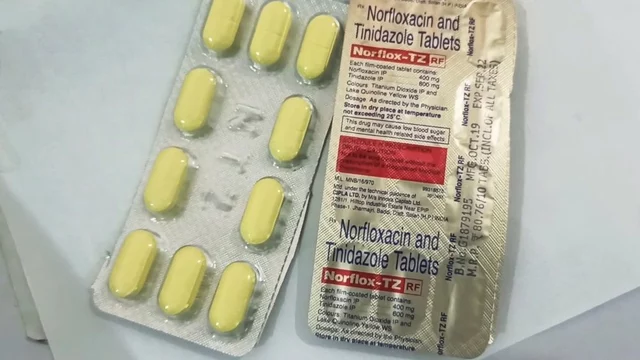Cardiac Effects: How Medications Impact Your Heart Health
When you take a pill for high blood pressure, depression, or even nausea, it doesn’t just target one system—it can send ripples through your cardiac effects, the way drugs influence heart rhythm, blood pressure, and muscle function. Also known as drug-induced cardiovascular changes, these effects can be harmless, helpful, or deadly—depending on the drug, your health, and whether you’re being monitored. Many people don’t realize that common prescriptions like metoclopramide, ranitidine, or even statins can alter how your heart beats or how much blood it pumps. A small change in blood levels of an NTI drug, a narrow therapeutic index medication where the difference between a safe dose and a toxic one is tiny—like warfarin or digoxin—can trigger arrhythmias, heart attacks, or sudden cardiac arrest. That’s why therapeutic drug monitoring, the process of measuring drug levels in your blood to ensure they stay in the safe zone isn’t optional for some patients—it’s a lifeline.
Not all cardiac effects are obvious. Some show up slowly: a drug might make your heart work harder over months, leading to thickened heart muscle or fluid buildup. Others hit fast: grapefruit juice can spike statin levels overnight, increasing your risk of rhabdomyolysis—a condition where muscle breaks down and clogs your kidneys, which then strains your heart. Even something as simple as kombucha, with its trace alcohol, can interfere with meds that affect heart rhythm if you’re sensitive. The connection isn’t always direct, but it’s real. If you’re on more than one medication, your heart is likely the silent bystander taking the hit. And if you’re older, have kidney disease, or take NTI drugs, your body doesn’t have the buffer it once did. That’s why knowing which drugs carry cardiac risks isn’t just about reading labels—it’s about asking the right questions before you swallow that pill.
What you’ll find below isn’t a list of scary warnings—it’s a practical guide to what actually matters. Real stories from people who’ve seen cardiac effects up close. Clear explanations of how drugs like metoclopramide can cause movement disorders that mimic heart rhythm problems. How warfarin users find support to avoid dangerous spikes. Why some people need blood tests just to stay alive on generic versions of heart meds. These aren’t abstract concepts. They’re daily realities for thousands. And if you’re taking any prescription, supplement, or even herbal tea, you need to know where your heart stands.



